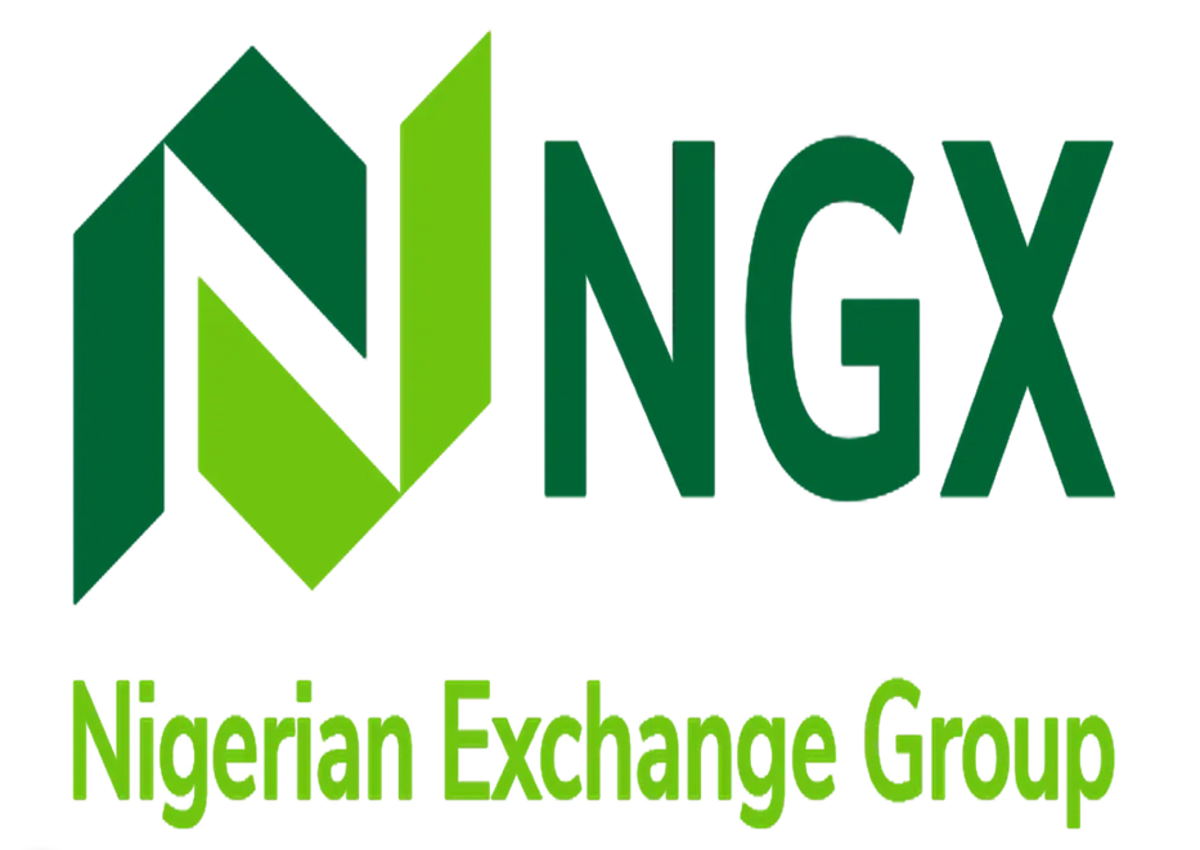The chief executive officer, Nigerian Exchange Limited (NGX), Mr. Temi Popoola yesterday disclosed the Exchange plan to launch an Unstructured Supplementary Service Data (USSD) to unlock Africa’s capital markets payment system through collaboration with telecommunication companies and banks.
Speaking at a virtual event with theme: the 2022 Market Recap and 2023 Outlook, Popoola said the adoption of USSD will further simplify the continent’s capital markets through integration with Afreximbank’s Pan African payment settlement system.
He added that the Exchange is targeting the development of new products aimed at attracting the lower rung of the Nigerian demography.
According to him, “NGX is also focused on increasing youth participation with the creation of digital asset products powered by Blockchain technology, non-depository receipts and overall increasing the pool of available liquidity in the market.
“On strategic partnerships, we will be forging more with development finance institutions, and banks, both local and international to further develop the market. We aim to do more on trading where we improve data dissemination to attract a more extensive investor base, especially from the retail side.
“We will be using listings as a vehicle for meeting strategic aspirations as the new dispensation come in through increased advocacy and engagements.
“NGX sees sustainability as not just important but also a profitable frontier of its business. Work is ongoing on developing a framework for certifications in carbon credits trading, pending regulatory approval.
“Altogether, 2023 is likely to be a new dawn for the market and the Nigerian economy as significant events take shape in the macroeconomic and political environments.”
On the 2022 market recap, he noted that the bullish run witnessed in the year might have been partly induced by the N4.3trillion in listings recorded by NGX across equities and fixed-income markets.
He added that the raising of N2.54trillion of bond listings for the Federal Government of Nigeria, as well as equity listings totaling N1.35trillion from companies such as BUA Foods Plc and Geregu Power Plc had a significant impact on the overall market performance.
The NGX boss emphasised that the value of the listings showed the local bourse’s commitment to positioning itself as a premier location for raising capital and its ability to facilitate a wide range of transactions and attract a diverse range of businesses demonstrated its position as a leader in financial market innovation and progress on the African continent.
According to Popoola, NGX would take a flexible approach to strategy execution in 2023, doubling down on its 2022 achievements and expanding on several levers.
“As you know, the NGX Technology Board Listing Rules were approved by the apex regulator, the Securities and Exchange Commission in December 2022.
“With this, we aim to drive more technology companies to the Exchange and deepen capital formation in the technology sector. We are currently in consultations with stakeholders in the sector and are confident of securing a few big names within the year.”
He said further that “In 2022, the equities market performance was evidenced by the 19.98 per cent increase in the NGX All-Share Index, which rose from 40270.72 to 51,251.06 just as the market capitalisation also closed at a high of N27.92trillion, up from N21.06trillion the previous year. The total turnover of trades in 2022 improved by 27per cent from N916bn to N1.16trillion year-on-year from 2021.
“Market participation was heavily skewed to the domestic investors. The Fixed Income market saw a slight uptick in turnover to N3.89billion in 2022 from N3.53billion recorded in 2021. This represents a 10.20per cent YoY increase.
“The Exchange Traded Funds market capitalisation increased from N7.35billion in 2021 to N8.42billion in 2022, representing a 14.56 per cent increase in the market capitalisation. Stanbic IBTC ETF 30 which tracks the performance of NGX 30 index was the best performing ETF in 2022, having began the year at N68.5 and closed at N245, reflective of 257.66 per cent returns. ETF transactions fell from N34.22billion in 2021 to N211.02million in 2022. This represents a 99.38 per cent decline in ETF turnover”.
“Altogether, this signalled a good year for the Exchange despite global macroeconomic headwinds.”
SOURCE: THISDAY











